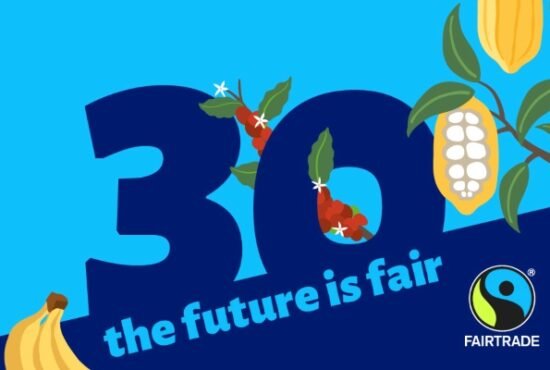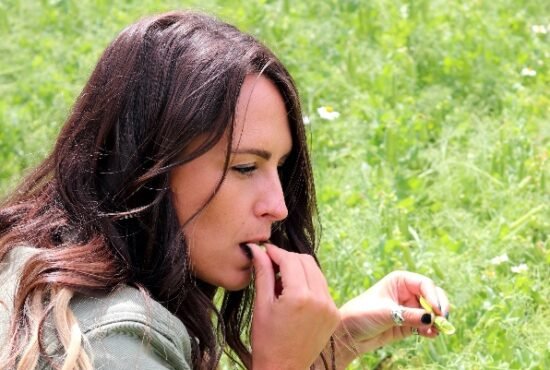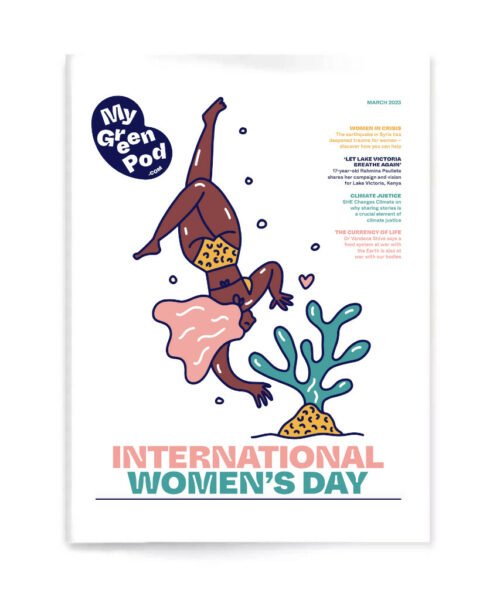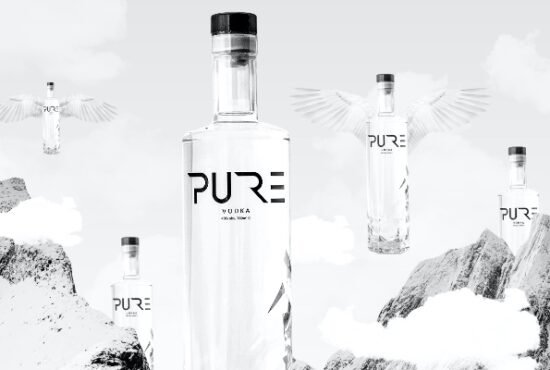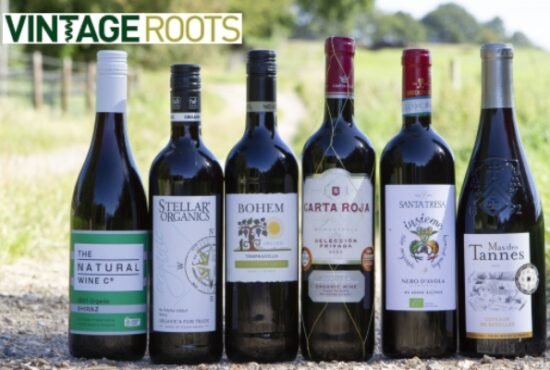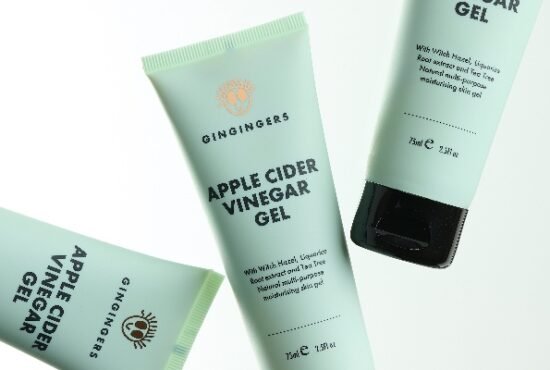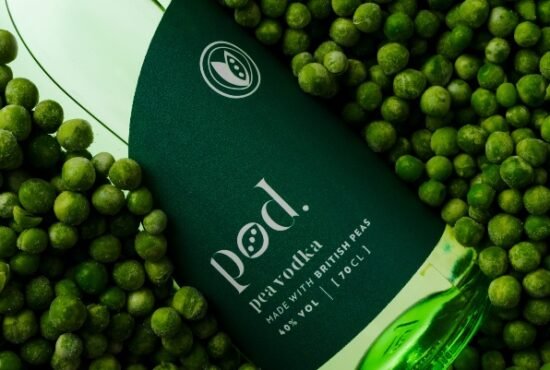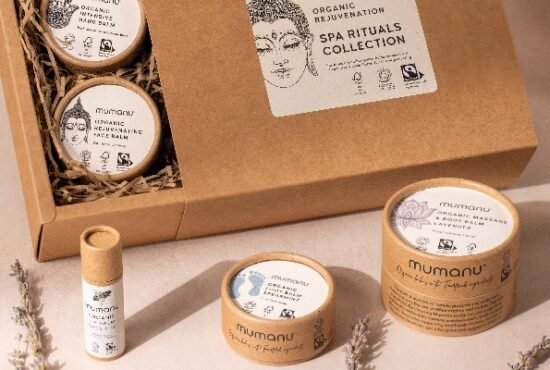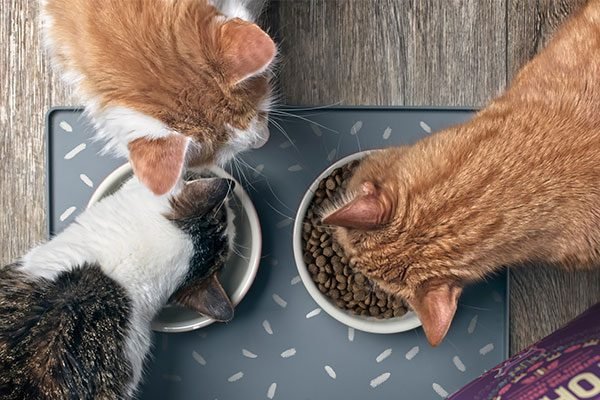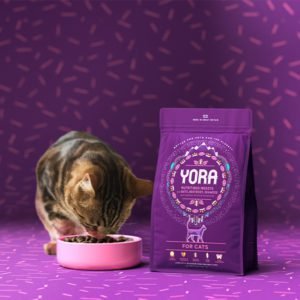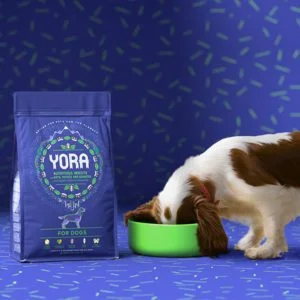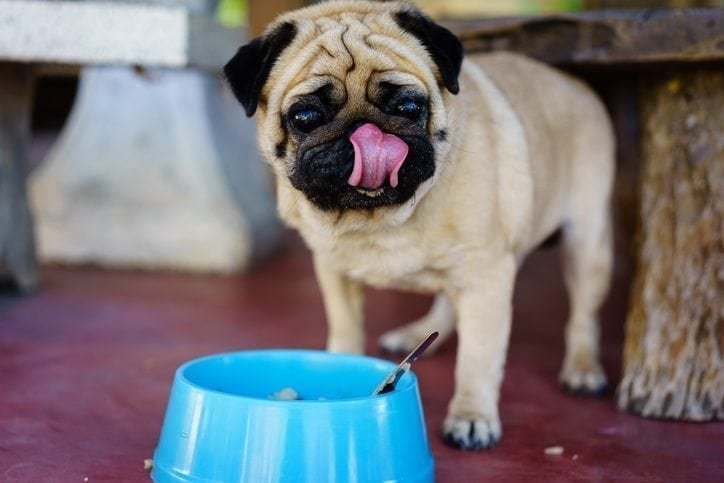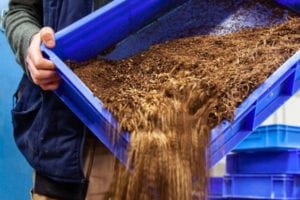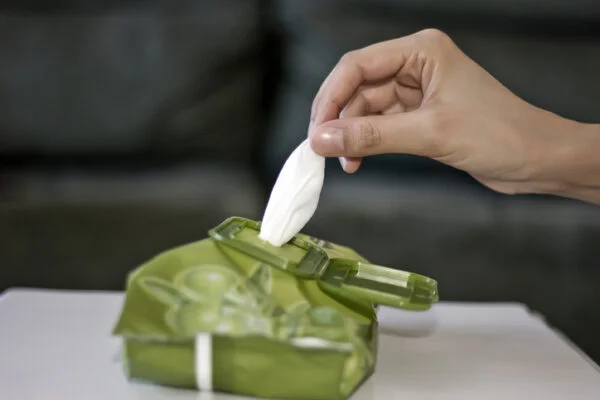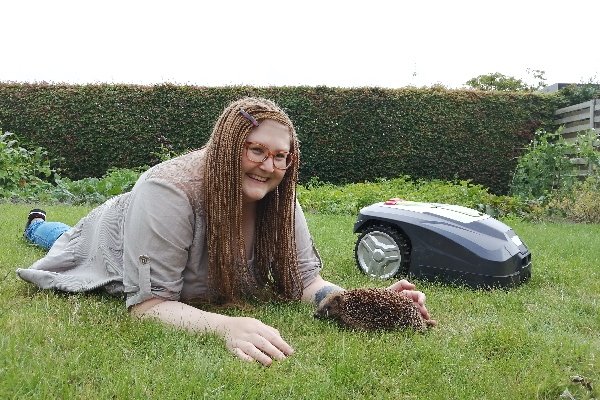This article first appeared in our COP26 issue of My Green Pod Magazine, distributed with The Guardian on 05 November 2021. Click here to subscribe to our digital edition and get each issue delivered straight to your inbox
Since launching its trailblazing range of dog food and treats, Yora has gained a dedicated following of environmentally conscious pet owners.
The insect-based alternatives to meat are just as nutritious as chicken, fish or beef, but kinder on their pet’s stomach – and kinder to the planet.
Now the maker of ‘the world’s most sustainable pet food’ has launched its first cat food, containing the highest insect content of any available cat food.
Yora Complete for Adult Cats is created from a blend of insect flour derived from the larvae of the black soldier fly.
Insect protein is approved by the British Veterinary Association and is known to carry a wealth of nutritional benefits. It is highly digestible – much more so than conventional meats – and, compared with chicken or salmon, it exhibits strong antioxidant activity which can help reduce inflammation-related diseases.
Insect-based cat food also helps to slash your pet’s carbon footprint, which can be bigger than you might think. An average-sized cat produces 310kg of CO2e per year; scaled up, that means the UK’s cat population of 10.9 million has a footprint of over 3,379,000 tonnes of CO2e over a year.
‘Insects and bugs are a natural food source for wild and feral cats and most of us have seen our own cats chasing and munching on an insect or two in our homes or gardens’, said Claire Arrowsmith, an animal behaviour expert from The Pet Behaviour Centre, ‘which is why creating a cat food from insects is such a progressive and positive concept.’
Choosing eco cat food
Yora has been providing insect-based dog food for over two years, and wanted to make sure cat owners don’t miss out on the opportunity to reduce their pet’s environmental impact. In a recent survey, almost one-third (29%) of respondents claimed they think about the impact on the planet when choosing which food to buy for their cat.
‘Often the biggest hurdle for pet owners when switching to Yora is grappling with the idea of their pet eating insects’, says Yora MD Glenn Rankin. ‘However, we can see from the diets of wild and feral cats – as well as the behaviour of our own cats, who frequently chase and eat bugs – that insects form a regular part of the feline diet. In reality, insects are no less nutritious than traditional meat sources, giving cats the protein, vitamins and minerals they need to flourish – all while having a significantly smaller environmental impact.’
Should cats be vegan?
The Yora survey also found that almost one-fifth (18%) of cat owners feed their cat a vegan or vegetarian diet. Cats are obligate carnivores; meat is a necessary component of their diet, so feeding cats a vegan or vegetarian diet doesn’t provide the level of protein they need to stay healthy.
‘Our grubs are fed leftover vegetables that would otherwise go uneaten, and they only need a fraction of the water, land and energy of traditional meat farming’, adds Glenn. ‘That’s why vegan and vegetarian pet owners are choosing Yora as a healthier, more natural alternative to plant-based pet foods – which cannot fulfil many of the nutritional requirements for a feline diet.’
By using insect protein in its food, Yora ensures that cats are getting the protein they need while reducing their environmental impact. ‘As a lover of animals and the planet, I’m really enthused by the work that Yora is doing to reduce the environmental impact of pet food’, said TV vet Dr James Greenwood. ‘The nutritional value of the new cat food means that cat owners don’t have to compromise their cat’s health to make more sustainable choices.’
 Play Video about This Rock Might Just Save The World
Play Video about This Rock Might Just Save The World Play Video about Play 2 hours of rock
Play Video about Play 2 hours of rock Play Video about Play 2 hours of brook
Play Video about Play 2 hours of brook Play Video about Play 2 hours of sheep
Play Video about Play 2 hours of sheep
